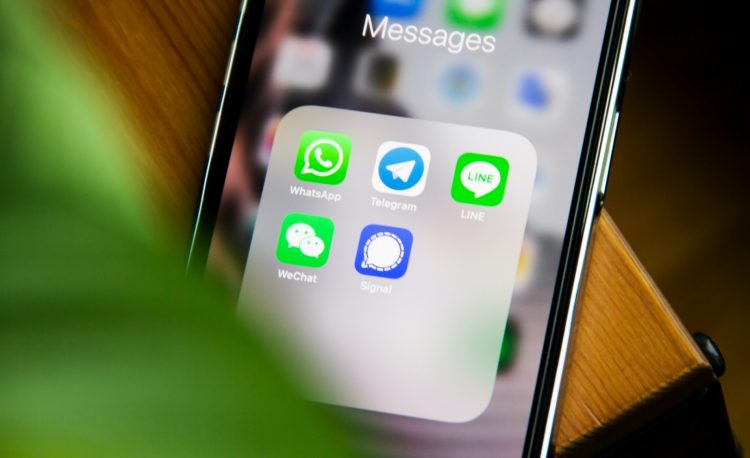WhatsApp, a major online service that provides cross-platform messaging and VoIP calls, has launched its first-ever global privacy campaign. The campaign is a reaction by WhatsApp executives to their customers’ opposition to some of the changes to the online service announced earlier this year. Moreover, WhatsApp representatives have firmly stated that they will resist any pressure to compromise on the way messages are encrypted by governments of any country. According to Will Cathcart, the authorities should instead advocate for a higher level of protection. According to the WhatsApp executive, government agencies should not encourage big tech companies to offer weak security to their users. Thus, a global campaign for a higher level of privacy will start on Monday and will affect the United Kingdom and Germany first.
Confronting Illegal Content
Theoretically, in order to block and delete messages containing illegal content, the company should have access to all messages sent through their platform. However, the WhatsApp team’s developers have created special tools to block unwanted content and prevent the spread of information without compromising user privacy. By combining reports from message recipients with machine learning technology, as well as analyzing information about the number of messages sent and the number of recipients, WhatsApp detects illegal content. In 2020, the company deleted about 24 million user accounts and sent about 300,000 photos of children to the National Center for Missing Exploited Children. Now, there are restrictions on the number of recipients of messages, as well as flagging messages sent repeatedly.
Misunderstanding of the New Terms and Conditions
A big scandal erupted in January this year when millions of users suspected that WhatsApp was going to reduce security and privacy. Due to confusion over the new terms and conditions, users concluded that WhatsApp would start sharing some of their data with Facebook. As a result, thousands of worried users turned to the services of competitors like Telegram. All the confusion was caused by WhatsApp’s new update with ambiguous wording in the terms and conditions. So, taking full responsibility for this, WhatsApp representatives in turn launched a campaign aimed at improving the privacy of user data.

